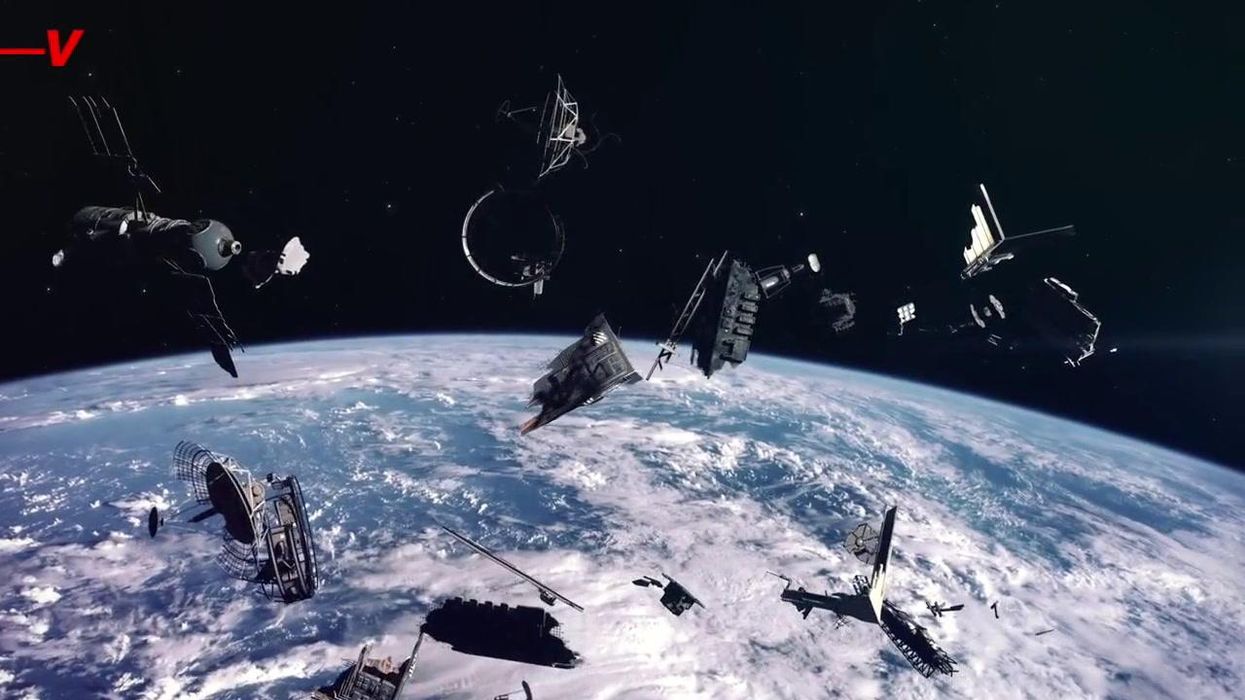Science & Tech
Ellie Abraham
Feb 10, 2023
U.S. Space Force Says Secret Russian Satellite Just Exploded in Orbit
content.jwplatform.com
A Russian satellite has broken apart in orbit and scientists fear the debris may cause a problem for many years to come.
In early January, the mysterious Russian satellite broke up into at least 85 individual parts, according to the US Space Force's 18th Defense Squadron (SDS).
The force tracks the activity of artificial objects in space and has warned that the space junk created by the destroyed Russian satellite will stay in orbit for a long time.
The Kosmos 2499 was a device owned by Roscosmos, Russia’s State Space Corporation, and its purpose was mysteriously unknown to all. The reason for its breakup is also unknown as Roscosmos has failed to provide any information.
Sign up to our new free Indy100 weekly newsletter
It was first launched in 2014 and was originally thought by the Americans to be space debris. That was until they began to notice it moving in intentional ways, suggesting it was put into orbit by Russia for a reason.
\u201c#18SDS has confirmed the breakup of COSMOS 2499 (#39765, 2014-028E) - occurred Jan 4, 2023 at appx 0357 UTC. Tracking 85 associated pieces at est 1169 km altitude - analysis ongoing. #spacedebris #space @SpaceTrackOrg @US_SpaceCom @ussfspoc\u201d— 18th Space Defense Squadron (@18th Space Defense Squadron) 1675729201
Kosmos 2499 attracted attention for the way it used powered manoeuvres to actively go towards other orbiting objects including rocket stages.
Speculation about its use ensued with some believing it was some new kind of anti-satellite technology and others suspecting it was a maintenance satellite.
Roscosmos addressed some of the rumours, explaining that the Kosmos 2499 had “peaceful purposes including unspecified research by educational institutions”. Despite it allegedly finishing its mission in 2014, it continued to make manoeuvres that puzzled observers.
The new concern now lies with the cloud of debris that Kosmos 2499 has left behind and may pose a risk to other space vehicles in orbit.
Have your say in our news democracy. Click the upvote icon at the top of the page to help raise this article through the indy100 rankings.
Top 100
The Conversation (0)














